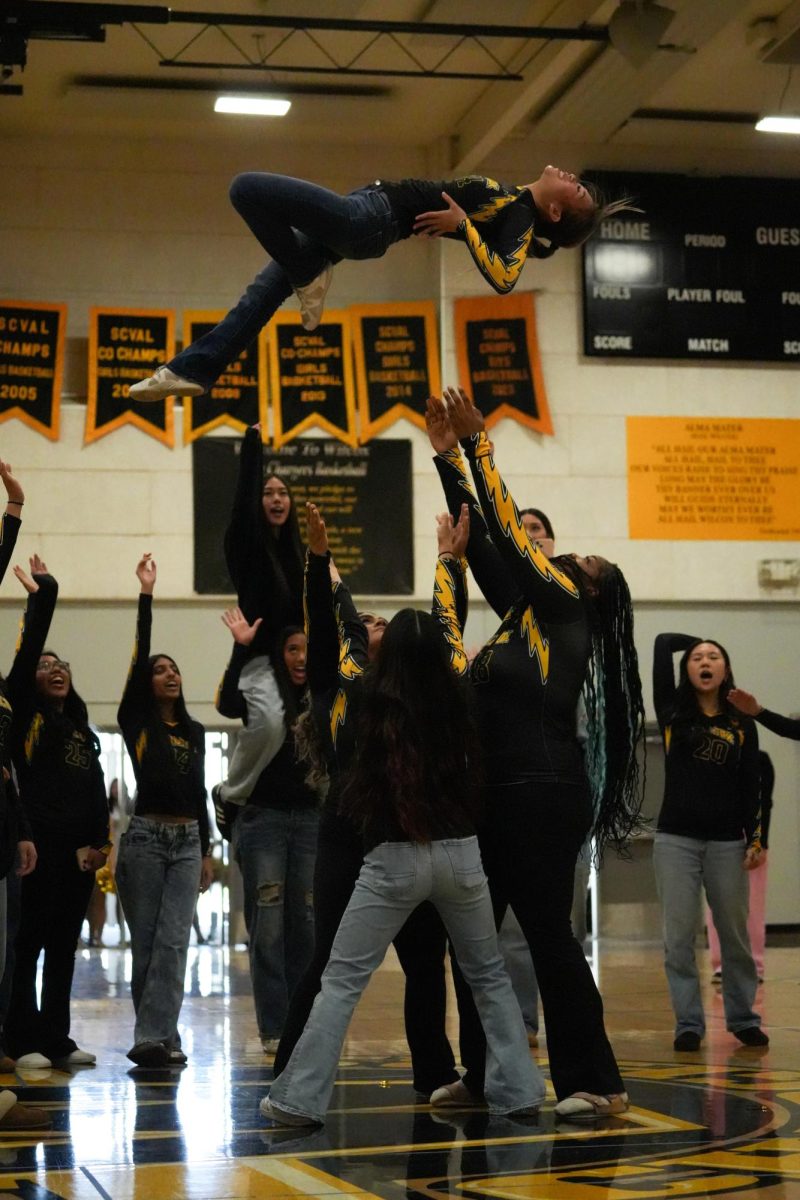The moment I said, “cannibalism is overhated,” all heads turned to me in disbelief. But no, this time, my statement was not my attempt to be quirky or nonconforming.
Cannibalism remains a taboo subject, subconsciously shunned by most contemporary societies. But, when was the last time you critically thought about cannibalism?
Luca Guadagnino, who had prominent directing roles in Challengers and Call Me By Your Name, notably explores emotional depth, evokes eroticism, and dabbles in social taboos through his sensual filmmaking; often walking a tightrope of ‘good taste’ in dealing with taboo – even cannibalism. Across film review platforms such as “Rotten Tomatoes” and “Letterboxd,” critics leave Guadagnino’s 2022 film, Bones and All, with dismal ratings. “Gingy,” one Letterboxd user, commented that they “walked out of the cinema lol” after watching only a few minutes of the film. “Gingy”’s half-a-star review is just one of many low-scoring ratings left by moviegoers in response to Bones and All’s cannibalistic motifs. These low-rated critiques undermine Guadagnino’s cinematic storytelling and symbolism, while also reflecting society’s greatest flaw: the dangers of herd mentality and its implications.
Bones and All follows the protagonist, Maren, through her endeavors to escape peer persecution when her cannibalistic compulsions overpower her desperation for social conformity. As an attempt to suppress her cannibalistic nature when society’s empathy proves limited, Maren isolates herself. After a period of soul searching, Maren meets Lee, another cannibal, who similarly craves flesh for survival. The duo’s evolving romance ultimately raises the question of whether they are worthy of love and acceptance beyond the repressive stigmas surrounding their unique dietary needs.
Guadagnino’s strategic portrayal of cannibalism with grotesque and provocative features highlights a parallel between his character depictions and broader film audiences. The majority can collectively agree on cannabalism’s immorality. But what separates Bones and All’s high and low film ratings is the positive reviewers’ ability to approach a taboo topic with deeper articulation surpassing adherence to surface level perspectives.
The sole contributor to Lee and Maren’s isolation is society’s unwavering condemnation of nonconforming individuals. Vilifying narratives overlook underlying complexities. Lee and Maren’s experiences as cannibals are nuanced beyond a perceived torturous pastime. Entranced by irrational fears, everyone has avoided the question: But, why?
Lee and Maren didn’t just eat because they were hungry. Guadagnino reveals hidden ancestral origins fostering generations of irreparable cannibalistic tendencies. However, origins disregarded, cannibals like Lee and Maren forever remain confined to social narratives implying that their circumstances result from deliberately chosen lifestyles. Implied freedom undermines their character complexity and emotional hopelessness under society’s adverse judgements.
Highlighted in an interview with Vanity Fair, cannibalism’s intriguing aspects drive Guadagnino’s directing, specifically for Lee and Maren’s adaptations to their instincts– they, “resist it and they struggle, and they challenge one another and themselves with the moral questions of being what they are and escaping what they are.” Guadagnino fixates on a dreaded cannibalistic permanence, which he summarizes this unique character dynamic with E.M. Forster’s question: “Can a leopard change its spot?”
But with his focus on cannibalism as an inborn trait, Guadagnino strategically formulates his controversial storyline, experimenting with audience empathy in relation to his film’s wider message. Revealed in a GQ Magazine segment, Guadagnino’s character dynamics depict, “a way of being loved, [seeing] beyond the burden you’re carrying within yourself.”
For audiences and critics alike, seeing beyond the burden—cannibalistic tendencies—is a cliff-jump to overcome. However, Guadagnino acknowledges this screen-to-audience disparity where, “we don’t have to be oppressed by the condition that they suffer from.” Our outsider perspectives hinder empathy and understanding for socially isolated demographics. We instead resort to socially retained narratives where our conclusions overlook underlying struggles.
Misunderstood responses to Guadagnino’s masterpiece signifies society’s insidious issue: our lacking reflection on held beliefs, shunning reconsideration when faced with critical, nuanced perspectives.







